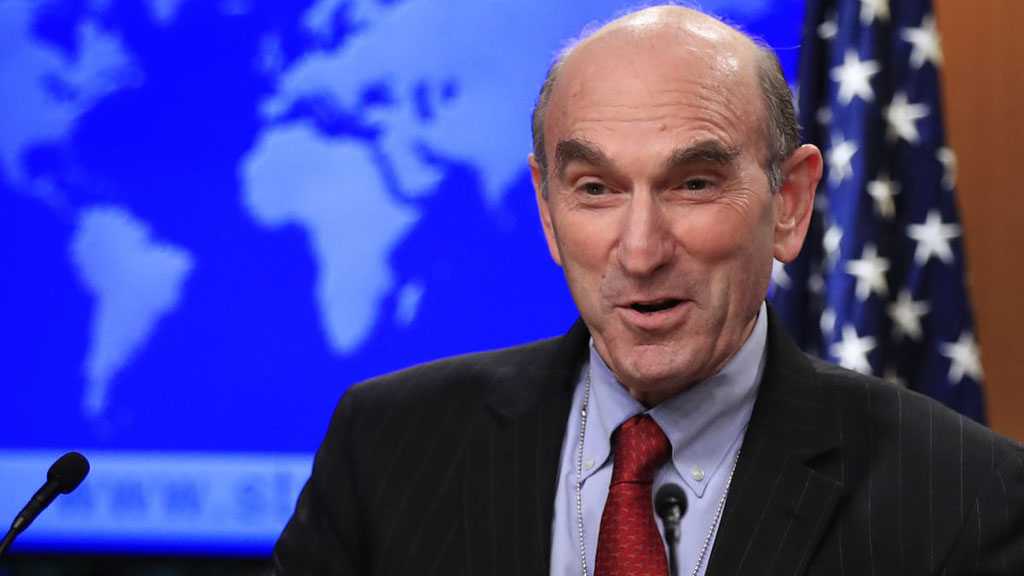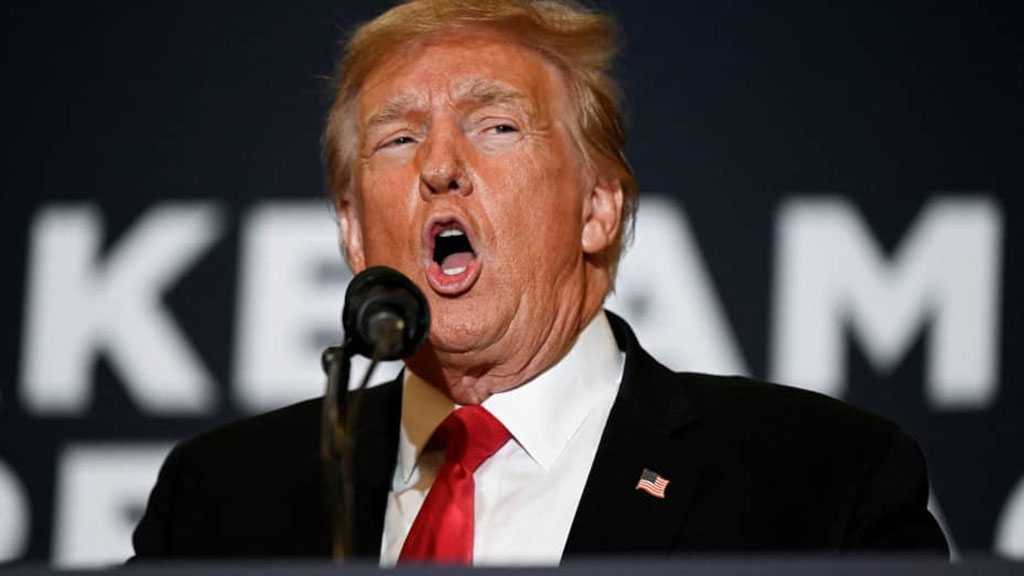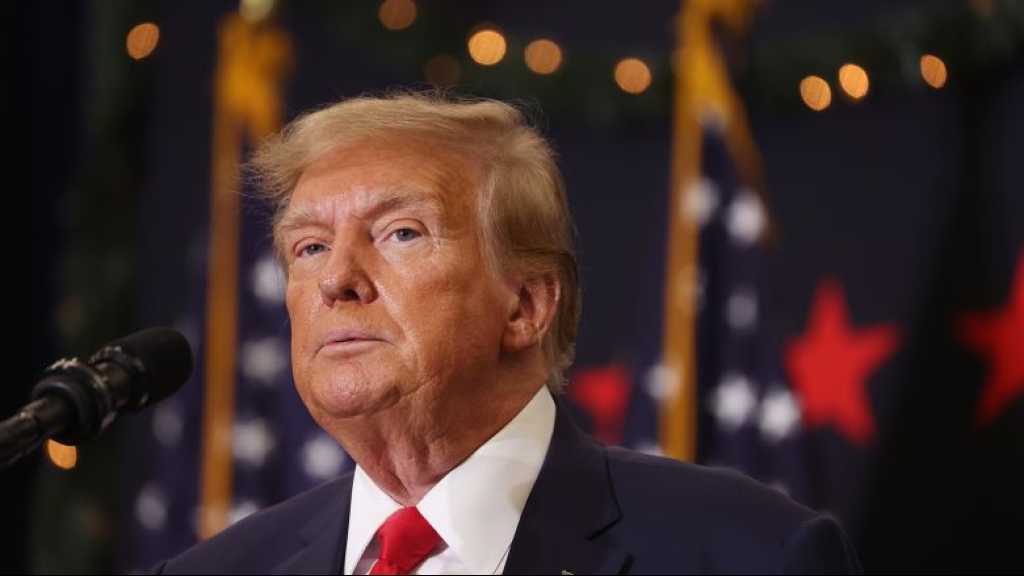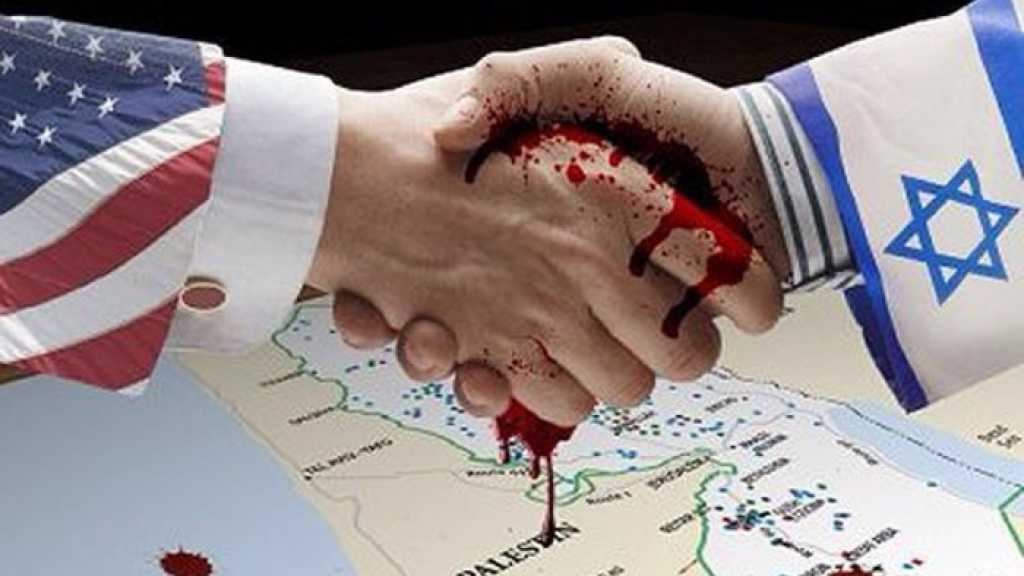
US Will Work to Hinder Arms Trades with Iran After It Failed at the UNSC

By Staff, Agencies
Following its humiliating failure at the United Nations Security Council [UNSC] to secure an extension of the arms embargo against Iran, the United States threatened to use its “secondary” sanctions to block any arms trades with Tehran after the expiry of the UN ban next month.
US Special Representative for Venezuela and Iran Elliott Abrams claimed on Wednesday that Washington could deny access to the US market to anyone who trades in weapons with Tehran.
Sanctions “will have a very significant impact” on arms manufacturers and traders that seek to do business with Tehran, he told reporters.
Asked if Washington is “making concrete plans now for secondary sanctions” to enforce the arms ban, Abrams claimed, “We are, in many ways, and we will have some announcements over the weekend and more announcements on Monday and then subsequent days next week.”
The US uses what it calls “secondary sanctions” to pressure third parties into stopping their activities with the sanctioned country.
The administration of US President Donald Trump suffered an embarrassing loss on August 14 as it failed to renew the Iranian arms embargo through a resolution at the UNSC.
Russia and China voted against the motion and the remaining 11 council members, including France, Germany and the UK, abstained.
The embargo will be lifted on October 18 under UNSC Resolution 2231, which endorsed the 2015 nuclear agreement, officially known as the Joint Comprehensive Plan of Action [JCPOA].
After failing to keep the Iranian arms ban in place, the US filed an official complaint with the UNSC, accusing Iran of violating the JCPOA.
Washington claimed that it is still a participant in the JCPOA and therefore retains the right to activate a 30-day countdown to a return of all UN sanctions that had been imposed on Tehran before the nuclear accord.
However, the remaining signatories to the deal maintained that the US could not trigger the so-called snapback mechanism because it had already left the accord in May 2018.
Comments
- Related News



